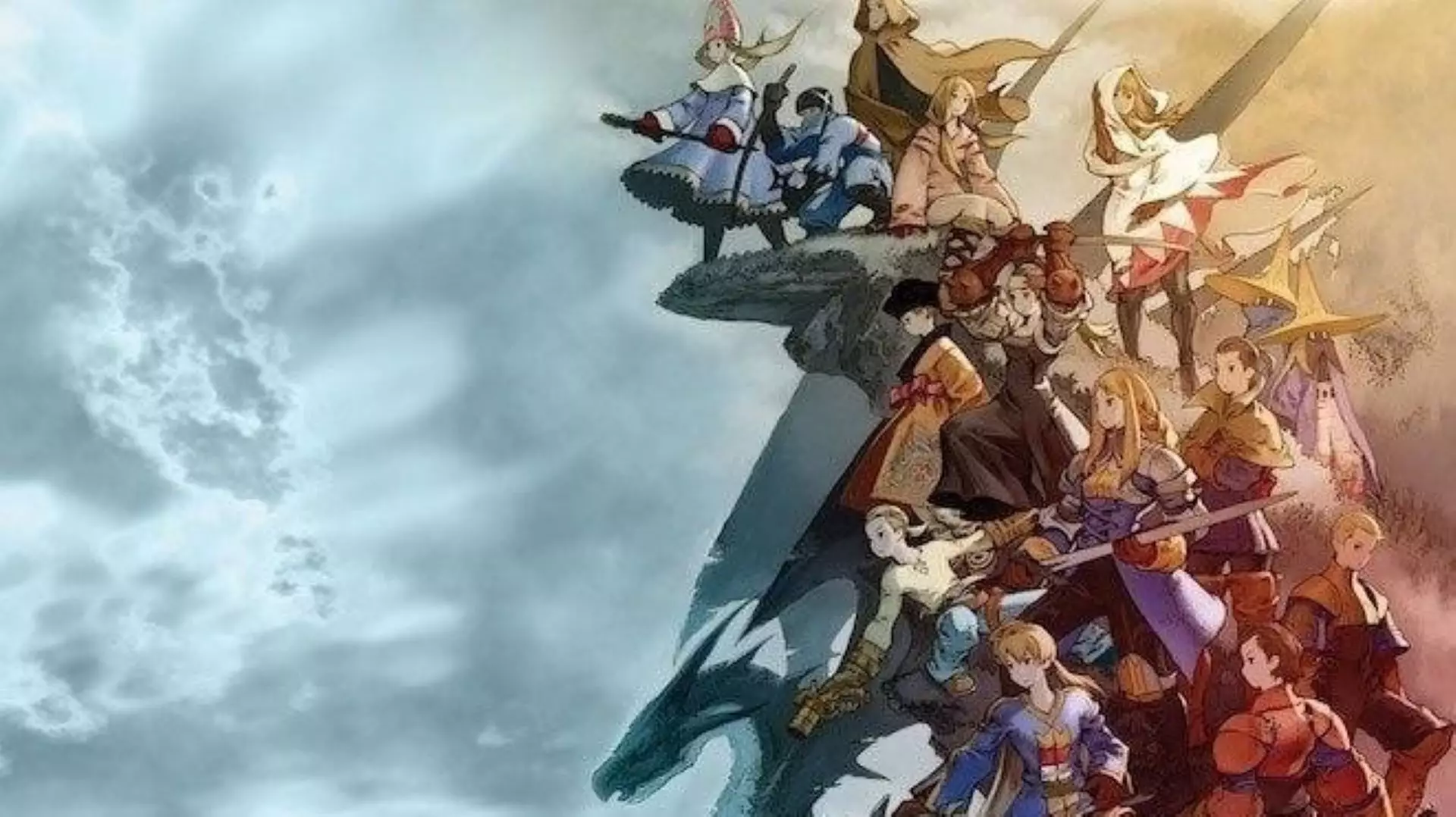In an age where video game announcements often rely on flashy trailers and nostalgic appeal, Yasumi Matsuno’s recent message regarding “Final Fantasy Tactics: The Ivalice Chronicles” has emerged as a watershed moment in gaming discourse. Traditionally, developers opt for generic press releases, but Matsuno’s piercing commentary serves as a profound reminder of the socio-economic nuances that underpin his iconic work. In a world that feels increasingly detached from the narratives we consume, Matsuno has explicitly reconnected the dots between art and activism, drawing parallels between the original 1997 release and today’s pervasive issues of inequality and division.
Historical Resonance
Matsuno’s reflections dive deep into Japan’s economic turmoil during the late 20th century, encapsulating a period defined by lost hope and stark social divisions. He writes about a time when the collapse of the bubble economy led to waves of bankruptcies and rising unemployment, a backdrop that resonates alarmingly with the contemporary landscape of economic disparity. This context is essential; it informs the narrative of “Final Fantasy Tactics,” which revolves around themes of class struggle, ambition, and the frailty of human relationships. Matsuno laments the fact that nearly 30 years later, society continues to grapple with the same persistent issues, challenging the notion that we have evolved.
The Heart of the Narrative
At the core of Matsuno’s message lies the character of Ramza, who symbolizes the fight against social injustice. The story is not merely a fantasy; it acts as a mirror reflecting the struggles of countless individuals facing systemic oppression. In another poignant contrast, the character Delta represents opportunism, seeking to leverage the chaos of an unjust system for personal gain. Matsuno’s character-driven storytelling is not only compelling entertainment but also a critique of moral ambiguity within socio-economic systems. The intricate relationship between friendship and betrayal in Tactics reveals not just the fragility of bonds but also the weight of choices made in desperate times.
A Call to Action
Perhaps the most powerful aspect of Matsuno’s announcement is his stark call to action: “The will to resist is in your hands.” This isn’t merely a tagline; it’s a battle cry for individuals to confront systemic challenges rather than passively accept them. Matsuno’s unabashed embrace of the political implications of his work resonates in an era marked by social division. His willingness to intertwine the narrative of a beloved game with contemporary struggles signals a bold stance that many creatives shy away from—an authentic engagement with societal issues that deserves both respect and applause.
Gaming as a Platform for Change
Matsuno’s candidness ignites a conversation about the responsibility of creators in the gaming industry. As players await the arrival of “The Ivalice Chronicles” on PS5 and PS4, it’s important to recognize that these titles can serve as more than mere escapism; they can spark critical discussions about our realities. In a time characterized by division and frustration, Matsuno’s work encourages both introspection and collective action, reinforcing the idea that video games can be a conduit for meaningful change and understanding. As we dive back into Ivalice, let’s take with us the challenge posed by Matsuno: to resist, to question, and to engage actively with the world around us.

